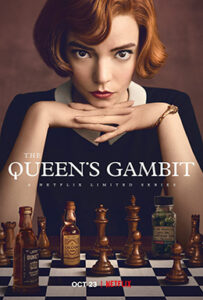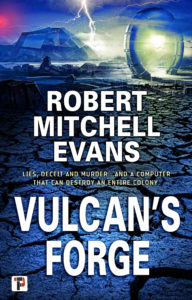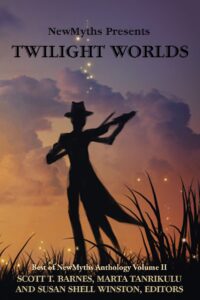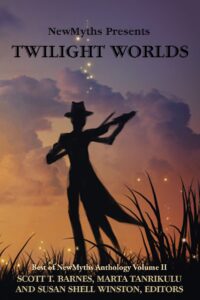The Queen’s Gambit and the Peril of Sports Movies
Written and Directed by Scott Frank with luscious cinematography by Steven Meizler The Queen’s Gambit stars the luminous and captivating Anya Taylor-Joy Elizabeth Harmon and follows Beth life from her discovery of chess in the basement of her orphanage through her trials and tribulations with substance abuse, loss, and love as she climbs the ranks of world championship chess in the late 50s and 60s.
Adapted from a 1983 novel of the same name by Walter Tevis The Queen’s Gambit is both a character study and a sports film. Following Beth from age five when she is orphaned after her  mother is killed in an automobile crash through her young adulthood in her twenties the story charts the characters growing addiction with prescription medication and alcohol as she develops her skills and talents as a chess prodigy while haunted by the tragedies of her life.
mother is killed in an automobile crash through her young adulthood in her twenties the story charts the characters growing addiction with prescription medication and alcohol as she develops her skills and talents as a chess prodigy while haunted by the tragedies of her life.
Skillfully directed with the best use of split-screen instead of a montage and deftly written with nary a scene of line of dialog out of place by Scott Frank the limited series immerses the viewer in Beth’s life and challenges with a bold confident style that never shies away from the more troubling aspects of her journey. Anya Taylor-Joy’s performance is masterful with careful control she expresses more with voiceless expressions than many actors ever achieve with speeches full of sound and fury that signify nothing. I have been a fan of Ms. Taylor-Joy’s acting since seeing her in the amazing horror film The Witch, and here she commands every scene and every shot without overwhelming them with ‘star power.’
Steven Meizler’s photography is simply amazing. His use of low-level light while still capturing deeply saturated colors is fantastic, creating scenes with depth, character, packed with emotion and yet never breaking the sense of period. More than once I have watched a period set film or series and the photography spoiled the suspension of disbelief in subtle way that still proved impossible to ignore, not so here.
series and the photography spoiled the suspension of disbelief in subtle way that still proved impossible to ignore, not so here.
The Queen’s Gambit does fall into the category of film that is the ‘sports movie,’ and as such faces the challenges of the genre.
The first is the ‘Big Game’ problem. Usually a sport movie, no matter the sport, turns it emotional ending on the final big game, the championship match that the character of characters has been striving towards the entire story. The problem is that they can only win or lose and with rare exception the popular satisfying ending is winning and with the audience aware of this it tends to drain the drama from the play. A League of Their Own subverted this by having characters the audience identified with and cared for on both teams so someonewas going to lose, and the audience would be torn in their loyalties. The Queen’s Gambit had no such option and was forced to confront the issues head on. The solution Scott Frank found satisfied emotionally.
The second major problem facing sports movies is the requirement to understand the play involved. One reason the vast majority of sport movies fail to work for me is that I do not watch sports as a pastime and so the players’ great plays and terrible plays are not self-evident to me. The Queen’s Gambithas the issue multiplied as there are few people who could grasp and the dynamics of master level chess. Here Scott Frank used primarily play-by-play commenters to illuminate the games being played and avoided the trap of letting the audience ‘hear’ Beth’s thoughts as she played. During one critical match I knew that dramatically Beth’s opponent needed to perform a move she wasn’t expecting and yet I also knew I had no hopes of seeing and understanding if his move was the expected or surprising one. Frank solved this dilemma by having an observer mutter ‘He wasn’t supposed to do that,’ the dialog, though a tad clunky, worked.
Overall, The Queens Gambit is a masterful piece of television and the story fit the limited series format. It is doubtful that it could have been as thoroughly satisfying had someone tried to compress it into a single feature film.
The Queens Gambit is currently streaming on Netflix.
 Vulcan’s Forge was released the first week of the global lockdown last year but copies are available everywhere and signed ones from my local bookseller Mysterious Galaxy.
Vulcan’s Forge was released the first week of the global lockdown last year but copies are available everywhere and signed ones from my local bookseller Mysterious Galaxy. reprinted in their anthology Twilight Worlds: The Best of Newmyths, available in both ebook and print.
reprinted in their anthology Twilight Worlds: The Best of Newmyths, available in both ebook and print.


